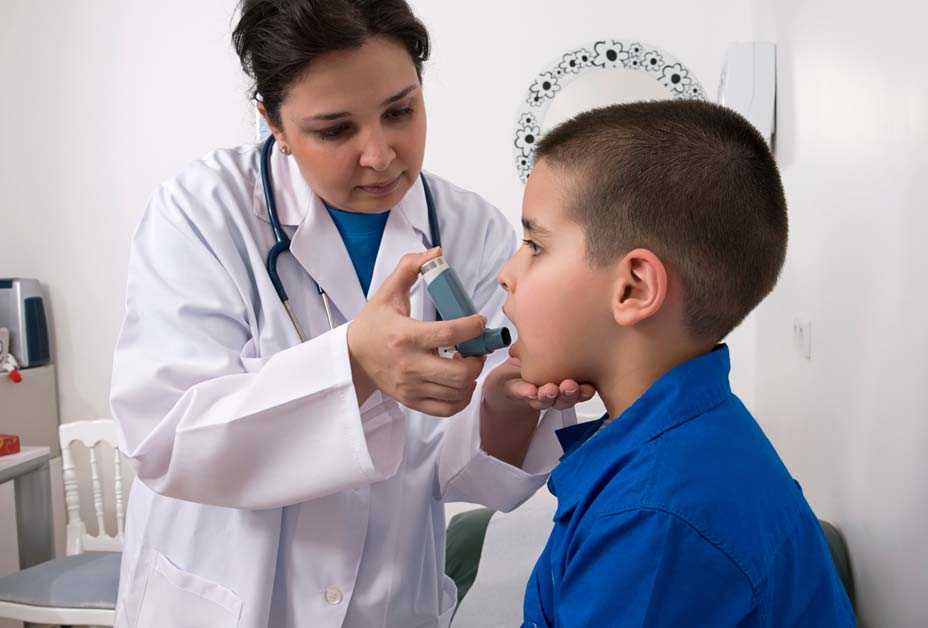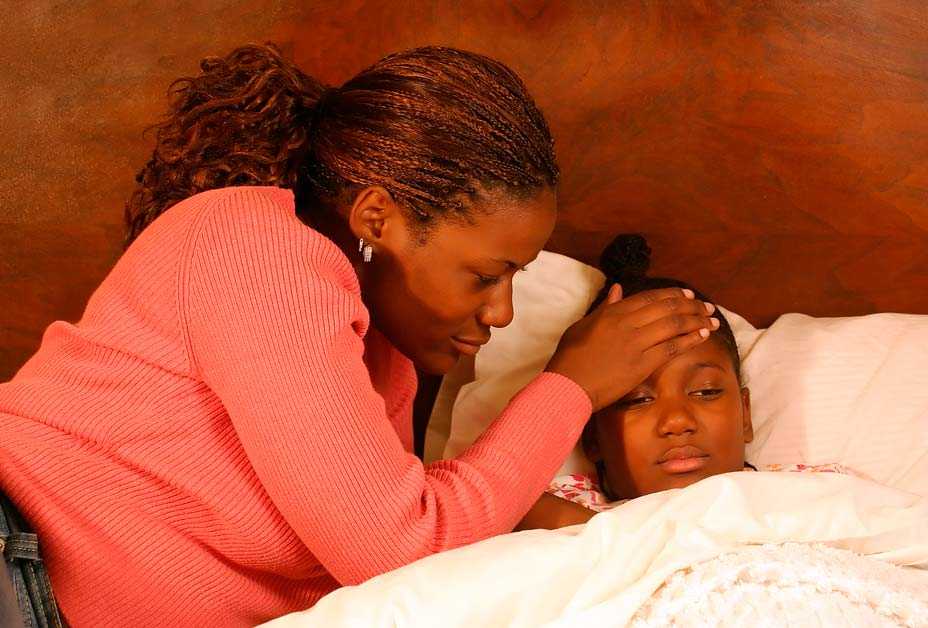Enteroviruses

Infections with enteroviruses are common in the United States during summer and fall. During that time in 2014, the United States experienced a nationwide outbreak of EV-D68 associated with severe respiratory illness. A total of 1,153 cases were confirmed in 49 states and the District of Columbia. Almost all confirmed cases were among children, many whom had asthma or a history of wheezing. CDC can’t predict whether EV-D68 will be a common type of enterovirus to cause sickness in future seasons because a mix of different enterovirus types circulates every year, and different types can be common in different years. But so far EV-D68 cases in years since 2014 have been reported more sporadically, which is considered typical.
Quiz
Key Facts
- Mild symptoms of enterovirus infection may include fever, runny nose, sneezing, cough, and body and muscle aches.
- Children with asthma are particularly at risk for severe symptoms from enterovirus infection.
- There is no specific treatment for enterovirus infections.
- The most important thing you can do to stay healthy is wash hands often with soap and water for 20 seconds.
Media
Prevention Tips
- Wash hands often with soap and water for 20 seconds.
- Avoid touching eyes, nose, and mouth with unwashed hands.
- Avoid close contact, such as kissing, hugging, and sharing cups or eating utensils, with people who are sick.
- Cover your coughs and sneezes with a tissue or shirt sleeve, not your hands.
- Clean and disinfect frequently touched surfaces, such as toys and doorknobs, especially if someone is sick.
- Stay home when you are sick and keep sick children out of school.
- Page last reviewed: September 12, 2017
- Page last updated: September 12, 2017
- Content source:


 ShareCompartir
ShareCompartir



